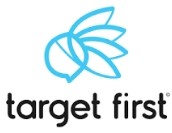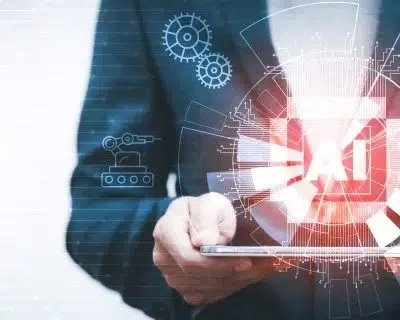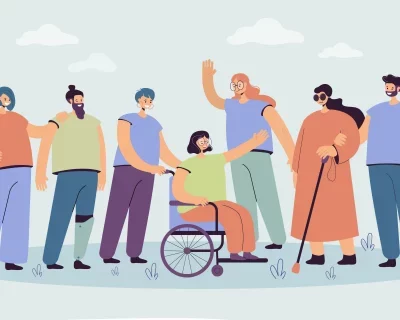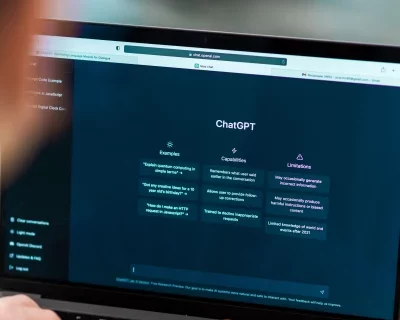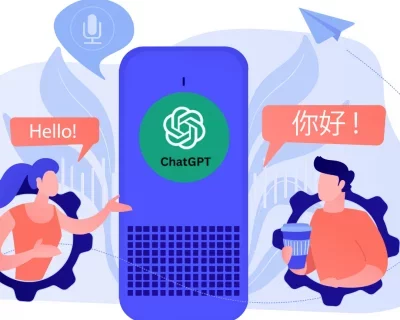ChatGPT in healthcare: How is AI transforming medicine ?
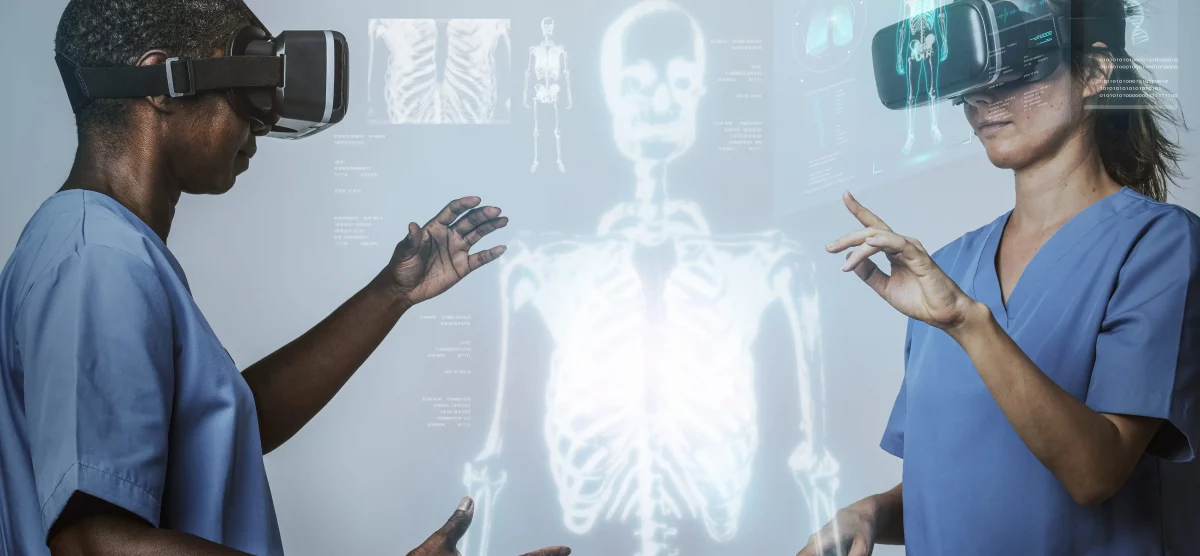
ChatGPT in healthcare: How is AI transforming medicine ?
Artificial intelligence (AI) is revolutionising many areas of our society, and healthcare is no exception. One of the emerging technologies gaining a lot of attention in the medical field is the use of AI-powered virtual assistants, such as ChatGPT, to improve healthcare delivery. These systems offer considerable potential to transform modern medicine, providing fast and accurate information, facilitating communication between patients and healthcare professionals, and aiding clinical decision-making. In this article, we’ll explore how ChatGPT and similar technologies are shaping the future of healthcare.
The explosion of AI in healthcare
AI has already begun to integrate into various aspects of healthcare. Applications range from analysing electronic medical records to assisting radiology, managing appointments and supporting clinical decision-making. Among these applications, the use of AI-powered virtual assistants such as ChatGPT is one of the most promising.
ChatGPT: AI at the service of patients
ChatGPT is a natural language processing model that can understand and generate text in an almost human-like way. In the healthcare sector, it can serve as a link between patients and healthcare professionals. Here’s how ChatGPT is transforming healthcare:
1. Improved communication: ChatGPT allows patients to ask questions about their symptoms, medications, medical procedures, etc., and receive instant answers. This can reduce patient anxiety by providing reliable information and avoiding the need to turn to less reliable online sources.
2. Assistance for healthcare professionals: Doctors and medical staff can also benefit from ChatGPT’s assistance. It can assist in the analysis of large volumes of medical data, provide up-to-date information on treatment protocols and help healthcare professionals make informed decisions.
3. Patient monitoring: ChatGPT can be used to monitor the health status of patients with chronic conditions. It can send reminders to take medication, collect information on symptoms and report any significant changes to the medical team.
Challenges and ethical considerations
While AI, including ChatGPT, offers many opportunities in healthcare, there are challenges. Confidentiality of medical data, security of health information, and the need to ensure accurate and reliable responses are major concerns. In addition, it is essential to ensure that AI does not completely replace human interaction in the medical field, as the empathy and compassion of healthcare professionals play a vital role in patient recovery.
Conclusion
ChatGPT and other AI technologies are transforming medicine and improving healthcare in multiple ways. The future of medicine will certainly be shaped by these intelligent tools, but it is essential that they are used ethically and responsibly. Healthcare will continue to be a combination of human expertise and the computing power of AI, offering the best of both worlds for patients around the world.
